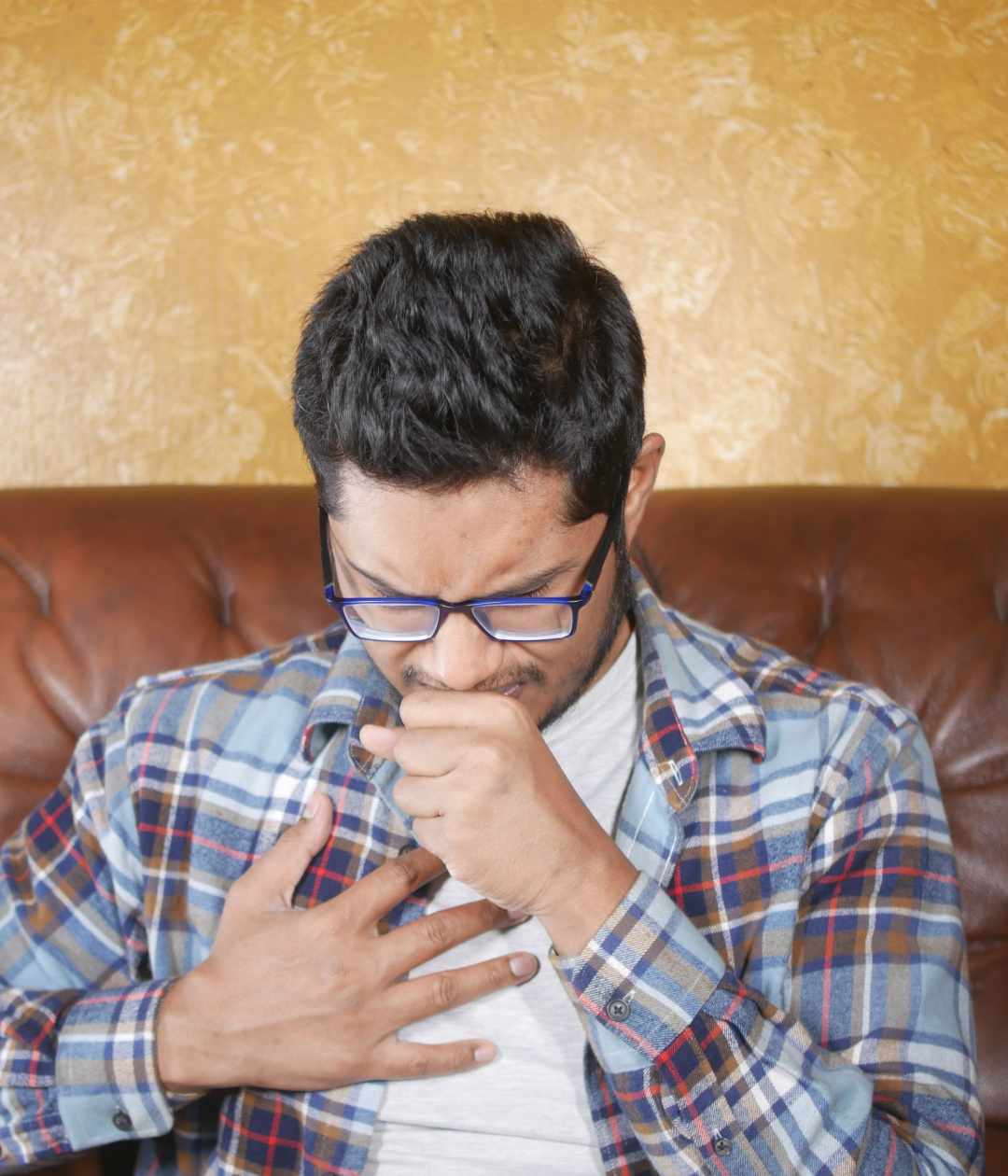Tuberculosis Basics

When an individual with active Tuberculosis disease of the lungs or throat coughs, sneezes, speaks or sings, tiny particles originating from the lungs spread through the air and can be inhaled by individuals in the vicinity.
Bacteria, once breathed in, settles in the lungs, spreading the infection and the possibility for the bacteria to multiply.
Tuberculosis can not be contracted through physical contact like shaking the hands of an infected individual or touching their clothes. However, bacteria can stay alive in the air for a few hours in closed spaces where fresh air circulation and sunlight are blocked, posing the risk of infection for those entering tightly inhabited spaces of Tuberculosis patients.
Therefore, those people who Tuberculosis patients spend the most time with, including close friends and family, are likely to become infected.
If the sick person has left the room many hours ago and after effective ventilation, there is no risk in the environment.
Short amounts of travel with Tuberculosis patients do not carry great risk for transmission. However, longer duration and close contact (2 rows in front or behind) with infected individuals might pose a threat for infection.
The signs and symptoms of Tuberculosis begin with:

Tuberculosis can almost always be cured by taking medicine. If you have Tuberculosis disease, it is very important that you take the medicine given to you by your doctor exactly as you are told, including finishing it even if you start to feel better. If you stop taking the medicine too soon, you can become sick again.
Tuberculosis can even be treated with medication preventatively, before the disease develops.

You can find out more about treatment and prevention of Tuberculosis by talking to a Tuberculosis specialist near you. Find your nearest clinic here
Myths about Tuberculosis cause some people to feel shame and embarrassment around seeking help. Click on each myth to find out if it is true or false.

• An airborne, treatable disease caused by the bacteria Mycobacterium tuberculosis.
• Tuberculosis infections can be categorised as either active disease or a latent infection.
• Pulmonary Tuberculosis, the most common form of active disease, is when bacteria multiply in the lungs resulting in various symptoms and the possibility of contagion.
• When bacteria grow in other parts of the body like the lymph-nodes or bone, this is referred to as extra-pulmonary Tuberculosis and there is no risk of infecting others.
• In latent infections the immune system responds to the bacterial antigens and the individual, in most cases, does not feel ill and is not infectious.
• Unfortunately, if not treated properly, all forms of Tuberculosis can be fatal.









#2
 Bahasa Indonesia
Bahasa Indonesia
 English
English